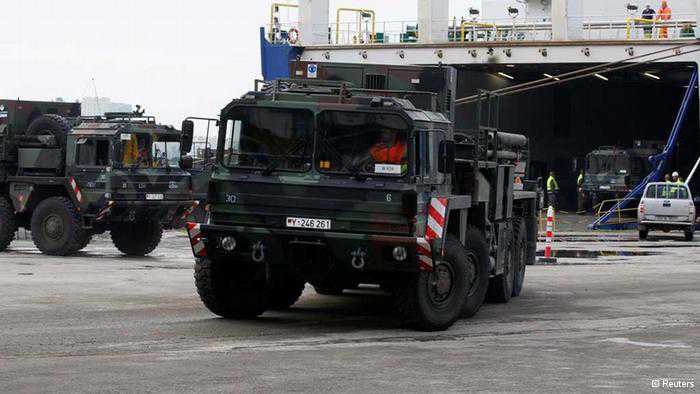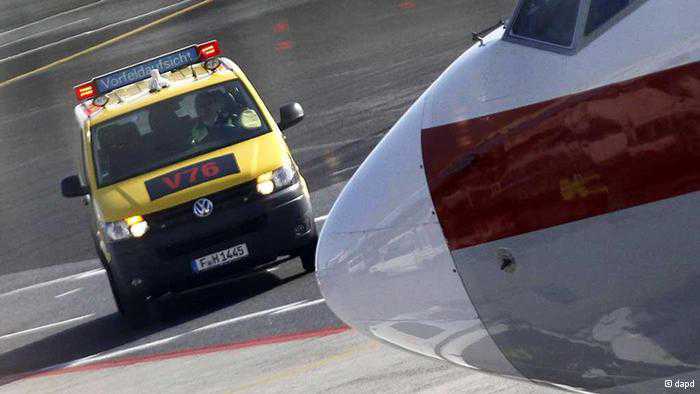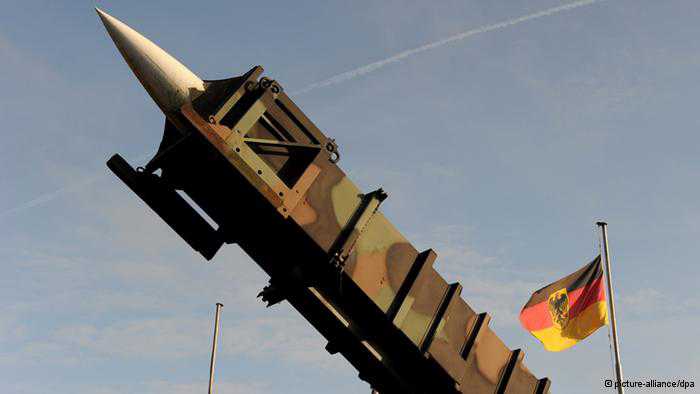How Family Cash Between Germany And Turkey Started Flowing East-To-West
A reversal in direction of the traditional route of remittance payments – now family members in Turkey are sending money to relatives in Germany.
How Family Cash Between Germany And Turkey Started Flowing East-To-West Western Union, Munich, Germany – (Usien) By Karsten Seibel
DIE WELT/Worldcrunch
BERLIN – Turkish immigrants in Germany had long helped to feed Turkey’s economy with remittance cash and checks sent back home. Now, with Turkey’s economy growing fast — and Germany bogged down by the euro zone crisis — the money has started flowing in the opposite direction.
“We’re seeing more and more cash transfers from Turkey to Germany,” confirms Claudia Westermayr, head of Western Union in Germany.
Already, 20% of transfers are no longer going from Germany to Turkey, but from Turkey to Germany. “More and more Turks are returning to Turkey and supporting relatives who still live in Germany,” Westermayr explains.
However the usual transfers the company has been making for customers for decades – from Germany to Turkey – continue to be the majority. Turkey leads the countries that Western Union in Germany sends money to, followed by Romania and Bulgaria. Traditionally, many transfers also went to Kosovo, the Philippines and Serbia.
The euro crisis has also brought the company new client groups. “We’re benefitting strongly from immigration to Germany – with many of our customers here coming originally from Spain, Italy and Greece,” says Westermayr, who is also in charge of Eastern Europe.
She also says that the on-going influx of people from Poland had been very positive for the company and Poland had reached 4th place on the list of the top transfer destinations for the Western Union.
The company does not provide details of the exact number and volume of transfers to and from Germany, but Westermayr says that, “in 2012, Germany recorded a two-digit growth in transactions.”
Despite the increased use of electronic payments, worldwide cash transfers are a growing business. The World Bank estimates that for the first time last year, over $400 billion flowed to developing countries – 6.5% more than in 2011.
And demand is expected to keep growing. It is estimated that in 2015 the volume of money sent home by people working abroad will total $534 billion. “For many people, cash spells security,” Westermayr says. The growing market also attracts more competition, driving down the price of money transfers in Germany.
Quicker and cheaper than bank transfers
According to the World Bank, Germany continues to be one of the most expensive countries for money transfers. On average, fees represent 14% of the amount transferred whereas in Russia, they only represent 2%. The only country that tops Germany is Japan.
One of the things driving prices up in Germany are the banks – World Bank figures show that in Sept. 2012, sending 140 euros to Turkey via a money transfer provider like Western Union could cost as little as four or five euros, whereas some banks charged over 30 euros.
Money transfer specialists, who include companies like MoneyGram and Ria, say that transfers made through them are quicker than bank transfers – cash is not physically transferred from one place to another. As soon as the system registers that the amount was paid in anywhere in the world, the customer at the receiving can be paid.
In Germany, Western Union has 4,700 sales points. Among these are 2,600 post offices and 1,900 kiosks, supermarkets and phone stores. It has been legal in Germany for retailers to take in and pay out money since 2009.
The advantage for customers is that Mom and Pop corner stores are usually open much longer than banks. And there are hardly any limits to where money can be sent – according to Westermayr, the only places that are off-limits are Somalia, Iran and North Korea.
Over the next few years, the company plans to build its German network to 10,000 sales points. Business partners are carefully selected. “They get intensive basic, regular advanced training, and they have to have a separate counter in their store where Western Union transfers are dealt with,” Westermayr explains.
However: all the training and awareness in the world can’t totally stop money laundering, she admits.
Read the article in the original language.
Photo by – Usien
All rights reserved ©Worldcrunch – in partnership with DIE WELT
Crunched by: Gail Mangold-Vine
via How Family Cash Between Germany And Turkey Started Flowing East-To-West – All News Is Global |.






